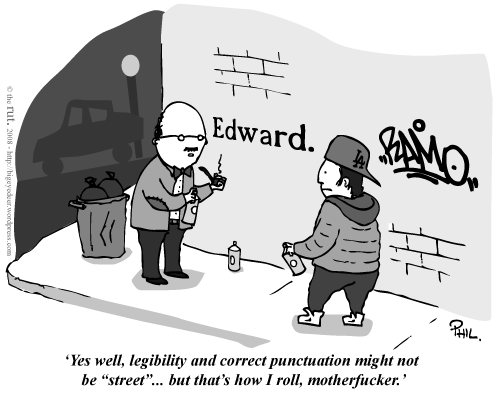- Impact
- 1,545
Flickr
Grindr
Tumblr
Scribd
Nowadays it seems like a mainstay of domains. But some people seem to really hate it and call it a fad - despite being a 'fad' for well over a decade at this point.
The biggest criticism is the so called "radio test" implications, but with a generation completely used to disemvoweling, I'm not convinced this is a real problem. Especially if the domain is short and can be spelt, or if you can say something simple like flicker without the e".
What are people's thoughts? Again, I personally really like it if used sparingly and with the tight word.
Grindr
Tumblr
Scribd
Nowadays it seems like a mainstay of domains. But some people seem to really hate it and call it a fad - despite being a 'fad' for well over a decade at this point.
The biggest criticism is the so called "radio test" implications, but with a generation completely used to disemvoweling, I'm not convinced this is a real problem. Especially if the domain is short and can be spelt, or if you can say something simple like flicker without the e".
What are people's thoughts? Again, I personally really like it if used sparingly and with the tight word.
Last edited:







